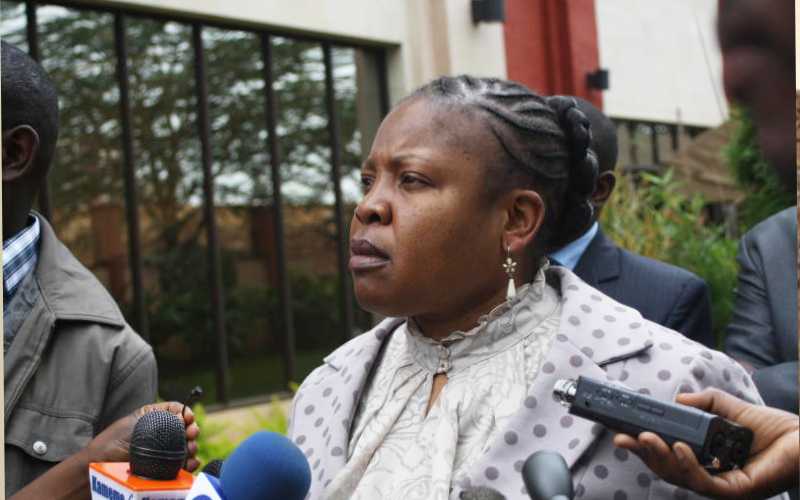×
The Standard e-Paper
Join Thousands Daily

KHRC Executive Director Atsango Chesoni in Nairobi on 4/08/2014.
Fresh elections for MPs is the only result if President Uhuru Kenyatta obeys Chief Justice David Maraga’s advisory to dissolve Parliament.